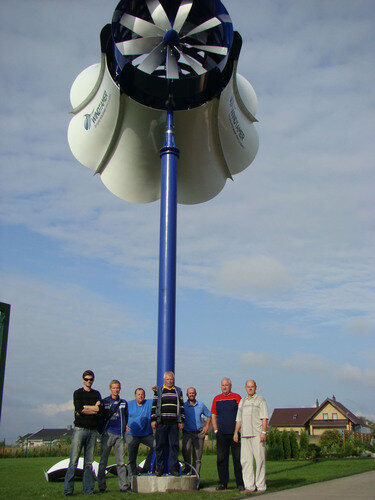The editor’s choice article “Waste Water to Beer?” by researcher Abigail Eilar, explores new methods being adopted for brewing beer.
OCEAN 64 Our readers often ask where OCEAN comes from? This is the environmental education publication of Safe Harbor Environmental Services, an interdisciplinary environmental consulting group on Cape Cod. OCEAN is your publication. Please share it with friends who share your interests. This issue has a few unusual articles, not the least of which documents a snake falling from the sky, onto a woman mowing her yard, after which, she was viciously attacked not only by the snake but also by the hawk which had been carrying the snake! And check out our “Wastewater To Beer”.
-Gordon Peabody, Editor
OCEAN 64 Articles
Snakes Falling From the Sky?
Nature Finds Use for Plastic Trash
Can Seaweed Replace Lobsters in Maine?
Waste Water to Beer?
Editor’s Final Thoughts
A Cry for Kelp
Migration Changes Create Stress
Unusual Item Report: Gravity Batteries
Giant Hailstones
Battle of Beachfront Bureaucrats






